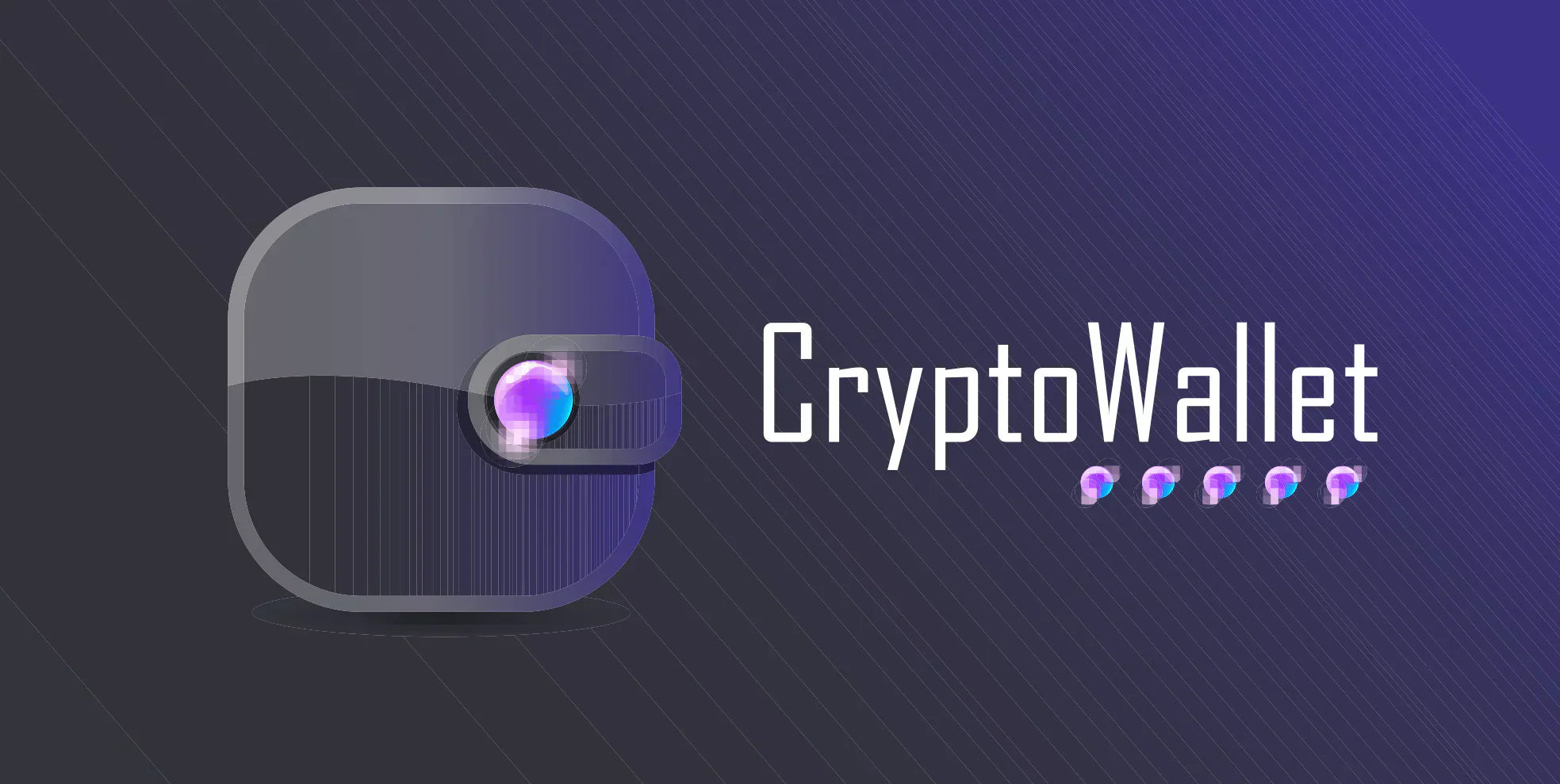In the realm of cryptocurrencies, a fundamental aspect of managing your digital assets is a crypto wallet. Whether you're a seasoned trader or a novice investor, understanding what a crypto wallet is and its various types is crucial for safeguarding your funds. In this comprehensive guide, we'll delve into the concept of crypto wallets, explore the best options available, including hardware wallets, and introduce you to the concept of cold wallets for enhanced security.
What is a Crypto Wallet?
A crypto wallet is a digital tool that allows users to store, send, and receive cryptocurrencies securely. Think of it as a digital equivalent of a physical wallet, but tailored specifically for managing digital assets. Each wallet comes with a unique address, akin to an account number, which is used for transactions on the blockchain network.
The Best Crypto Wallets: Ledger, Trezor, Coinbase Wallet, and MetaMask
When it comes to selecting the best crypto wallet, several factors come into play, including security features, user interface, and compatibility with different cryptocurrencies. Among the top contenders in the market are Ledger, Trezor, Coinbase Wallet, and MetaMask.
Ledger and Trezor are renowned for their hardware wallets, which offer the highest level of security by keeping your private keys offline. These devices resemble USB drives and provide an extra layer of protection against cyber threats, making them ideal for long-term storage of large cryptocurrency holdings.
Coinbase Wallet, on the other hand, is a popular choice for beginners and experienced users alike. It offers both a mobile app and a web interface, providing convenience without compromising security. With Coinbase Wallet, users have full control over their private keys, ensuring complete ownership of their digital assets.
MetaMask stands out as a browser extension wallet designed for interacting with decentralized applications (DApps) on the Ethereum blockchain. It offers a user-friendly interface and seamless integration with popular Ethereum-based platforms, making it a preferred choice for accessing DeFi protocols and NFT marketplaces.
Hardware Wallets: The Ultimate Security Solution
For those prioritizing security above all else, hardware wallets are the go-to option. Ledger and Trezor are industry leaders in this category, offering robust hardware solutions that keep your private keys offline, away from potential online threats such as hacking and phishing attacks.
A hardware wallet stores your private keys in a secure element, inaccessible to anyone without physical access to the device. This "cold storage" approach significantly reduces the risk of unauthorized access and ensures that your funds remain safe even if your computer or mobile device is compromised.
Cold Wallets: Protecting Your Assets Offline
Cold wallets, such as hardware wallets, provide an offline storage solution for your cryptocurrencies, minimizing the risk of cyber attacks. By keeping your private keys offline, cold wallets ensure that your funds are immune to online threats, such as malware and hacking attempts.
In addition to hardware wallets, Black Seed Ink offers a unique cold storage solution for crypto enthusiasts. With its seed phrase backup option, Black Seed Ink allows users to securely store their seed phrases, passphrase data, and master password data in a physical format, safeguarding their assets against digital threats.
In conclusion, a crypto wallet is an essential tool for managing your digital assets in the world of cryptocurrencies. Whether you opt for a hardware wallet like Ledger or Trezor, a software wallet like Coinbase Wallet or MetaMask, or a cold storage solution like Black Seed Ink, prioritizing security and convenience is key to safeguarding your funds in the ever-evolving landscape of digital finance.
Education only, entertainment only, not financial advice.
What Are Crypto Wallets?

- Tags: best crypto wallet Cold storage cold wallet crypto wallet Hardware Wallets hot wallets MetaMask Seed phrase seed phrase backup seed phrase storage Seed Phrases


